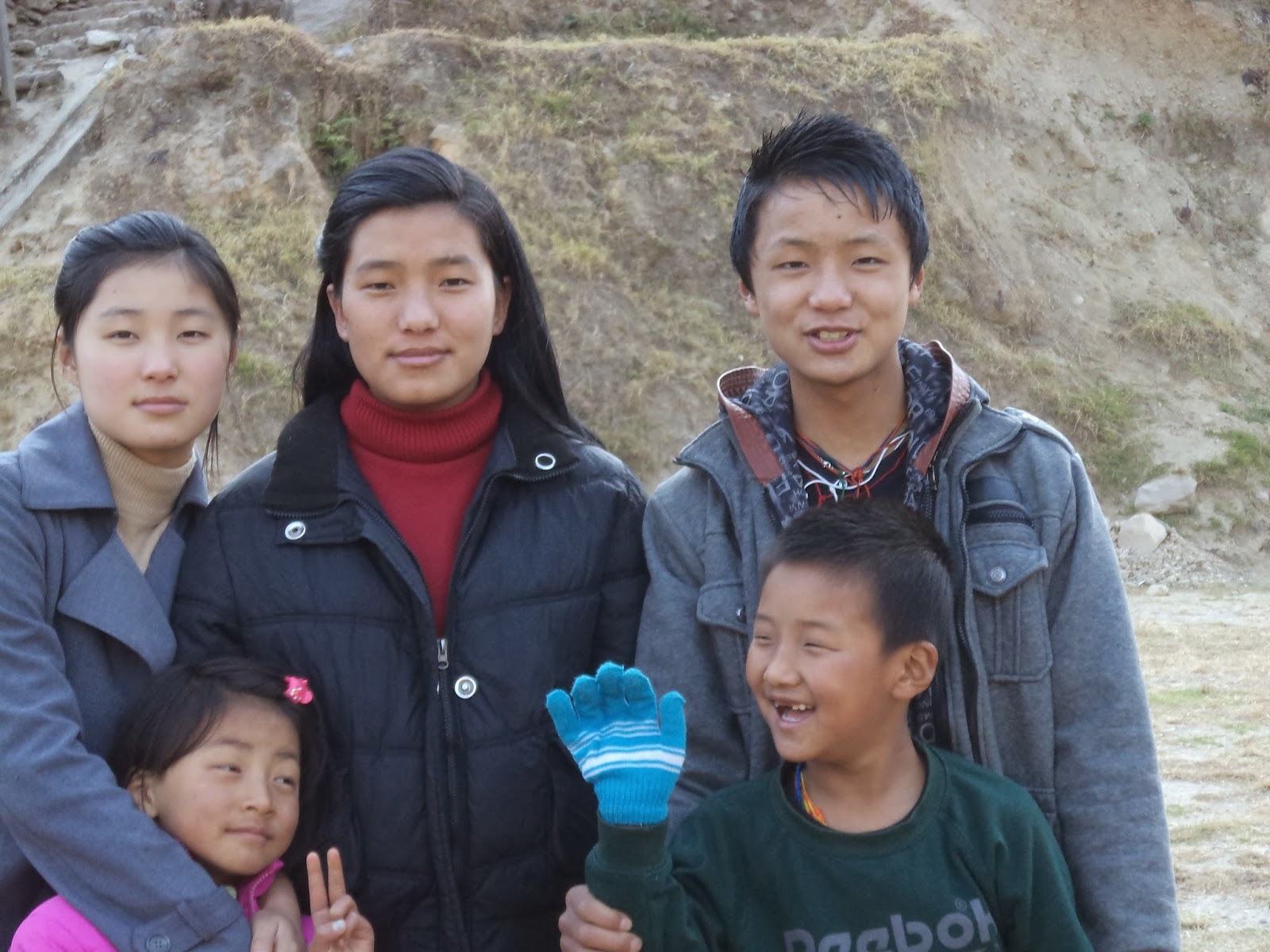Stick to Strategy: A small reminiscence of transition in motivating students
“We
would be whipped and thrown into the basket of nettle plants in our
birthday-suit. We would yelp out of pain. Our feverish puffed red body, as we
walked out of the bamboo basket, would stagger. Your punishment is nothing, you
are LUCKY!”
As
shared by elders to me about learning in school at their time, who were then
dragged primary school student. Picturing the scene, it was gross and inhuman.
It immediately attested that he was true while he said “you are LUCKY”.
But
when the next day dawns, though childish mind of playing “Am I right”, marble
or walnut game would entice me to go to school, the thought that teacher would
spank me drains away all the charm. However, I had to perfunctorily go.
It
seemed like Stick was the Answer to Everything: be there a disciplinary
problem, a student who failed to submit his impositions or a reminder to be
made, sticks would be used.
Thus,
though the elders saw me as a Lucky boy, when I actually entered the school
campus, I knew that I was not.
My
friend from another school would demonstrate how his Dzongkha Lopen would
enforce calligraphy. “Our Lopen orders the student to join the fingers of the hand
that he writes with and on that group of fingers, he hits with the edge of the
wooden ruler. The student would writhe in pain.”
We
would compare the extremes of practices as if we loved having such punitive
measures because we compared as if it were a competition. However, deep inside,
we knew how deeply we loathed it.
We
would be forced to study with the fear that we would be beaten up ‘black and
blue’. Almost all that we made effort were just to keep the sticks at bay. We
would pray that the cane stick concealed at the back of gho doesn’t come to use
and when it didn’t, the day would go in our mind as the best day.
Even
the responsibility holders took in hand sticks to push their authority over
commands. I too, even as a class captain, enforced class decorum using it, let
alone House and School captains.
This
seemed to change since I reached class IX. But this is not to state that there
was no use of it; the use was much lower compared to before. Many teachers
there had resorted in scolding and embarrassing emotion and moral of students.
Students then were difficult to be brought under control. They wouldn’t do
their delegated works well. It occurred to me like students felt liberated from
the very stringent primary school practices.
Only
when there was major breach of rules would the students be spanked. Teachers
would have sticks during the study hours, detention hours and other times when
they deemed necessary for it, but usually they won’t use it. This would hint
that we students should not repeat the mistake and that they meant it.
When
in college, there was neither stick nor scolding. Students were considered
responsible enough to take care of themselves. Teacher who cared would be
unjustly considered ‘boring’ and one who fed them with all that he/she seems
enough without imposing home works would be illogically labelled ‘best
teacher’. Be it academics or any other fields, students mostly felt that they
should be left on their own. What was outrageously funny was that they expected
high marks without any guilt though a scintilla of an extra effort was not put.
Irresponsibility appeared to have set in students’ mind.
Now
reaching here in RIM, it is totally different. Substituting both the rude
comments and sticks is the strategic approach. The approach of orienting the
trainees about what RIM stands for besides Royal Institute of Management, i.e.
vision, mission and the values it inculcate. Then the approach of revising the
courses and making it of international standard, establishing sound unit
outlines, refining the lecture sessions and so on. These are really
invigorating and instilling optimism in learning, though the effects are yet to
be understood.
In
my memory, such is the transition from sticks to strategies in motivating
students, where the corresponding responses are fear, freedom, irresponsibility
and optimism.
However,
the above narration is the general view. There were teachers and seniors who
were kind, caring and inspiring in all levels of my schooling, so I cannot say
that my early schools were devoid of strategies. I think that what we are today
is the outcome of all that we came over, the sticks and strategies.
ILiveLove

Comments
Post a Comment